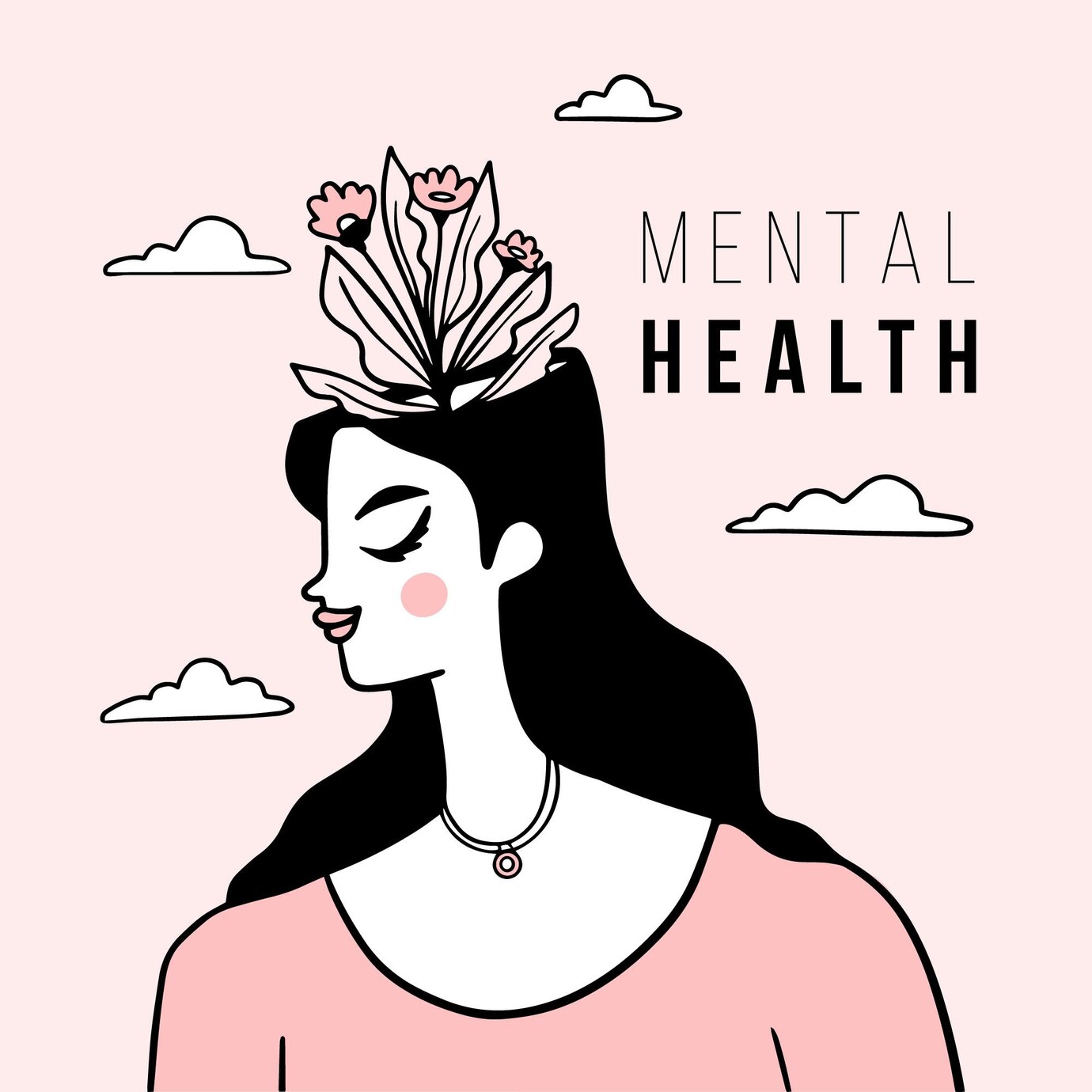Childhood experiences play a significant role in shaping an individual’s mental health and well-being throughout their life. The environment, relationships, and events during childhood can have profound effects on emotional development, coping mechanisms, and susceptibility to mental health disorders in adulthood. Understanding these impacts is crucial for promoting mental health awareness and early intervention strategies. In this blog, we’ll explore the various ways childhood experiences influence adult mental health and discuss strategies for fostering resilience and healing.
1: Adverse Childhood Experiences (ACEs): Adverse Childhood Experiences, or ACEs, refer to traumatic events or stressful situations that occur during childhood. These experiences can include abuse (physical, emotional, or sexual), neglect, household dysfunction (such as substance abuse, domestic violence, mental illness, or parental separation), and other forms of trauma. Research has shown a strong correlation between ACEs and poor mental health outcomes later in life.
2: Impact on Brain Development: Childhood experiences, especially traumatic ones, can affect brain development and function. Chronic stress during childhood can disrupt the development of neural pathways involved in emotional regulation, decision-making, and stress response systems. This can increase the risk of anxiety disorders, depression, PTSD, and other mental health conditions in adulthood.
3: Emotional Regulation and Coping Skills: Children who experience adverse or traumatic events may develop maladaptive coping mechanisms or struggle with emotional regulation. Without proper support and intervention, these patterns can persist into adulthood, contributing to difficulties in managing stress, regulating emotions, and coping with life’s challenges. Individuals may turn to unhealthy coping strategies such as substance abuse, self-harm, or avoidance behaviors as a result.
4: Attachment Styles and Relationship Patterns: Childhood experiences also shape attachment styles and relationship patterns in adulthood. Secure attachment with caregivers during childhood fosters trust, emotional stability, and healthy interpersonal relationships later in life. Conversely, insecure attachment or disrupted attachment bonds due to trauma can lead to difficulties in forming and maintaining healthy relationships, intimacy issues, and feelings of loneliness or isolation.
5: Risk Factors for Mental Health Disorders: Exposure to ACEs increases the risk of developing a wide range of mental health disorders in adulthood, including depression, anxiety disorders, PTSD, substance abuse disorders, and personality disorders. The cumulative effect of multiple ACEs further amplifies the risk, highlighting the importance of early intervention and preventive measures.
6: Protective Factors and Resilience: While childhood experiences can have lasting effects on mental health, it’s essential to recognize the role of protective factors and resilience in mitigating these impacts. Supportive relationships, access to mental health services, positive coping strategies, educational opportunities, and a sense of community can buffer the effects of adverse experiences and promote resilience in children and adults alike.
7: Trauma-Informed Care and Healing: Recognizing the link between childhood trauma and adult mental health, there is a growing emphasis on trauma-informed care approaches in mental health treatment. Trauma-informed care prioritizes safety, trustworthiness, collaboration, empowerment, and cultural sensitivity in working with individuals who have experienced trauma. Healing from childhood trauma often involves a combination of therapy, support groups, self-care practices, and holistic approaches that address the mind, body, and spirit.
Conclusion: Childhood experiences profoundly shape adult mental health outcomes, highlighting the importance of early intervention, prevention, and trauma-informed care approaches. By understanding the impact of childhood trauma and fostering resilience, communities can support individuals in healing from past wounds and building healthier, more fulfilling lives. It’s essential to prioritize mental health awareness, destigmatize seeking help, and create supportive environments that nurture the well-being of children and adults alike.


